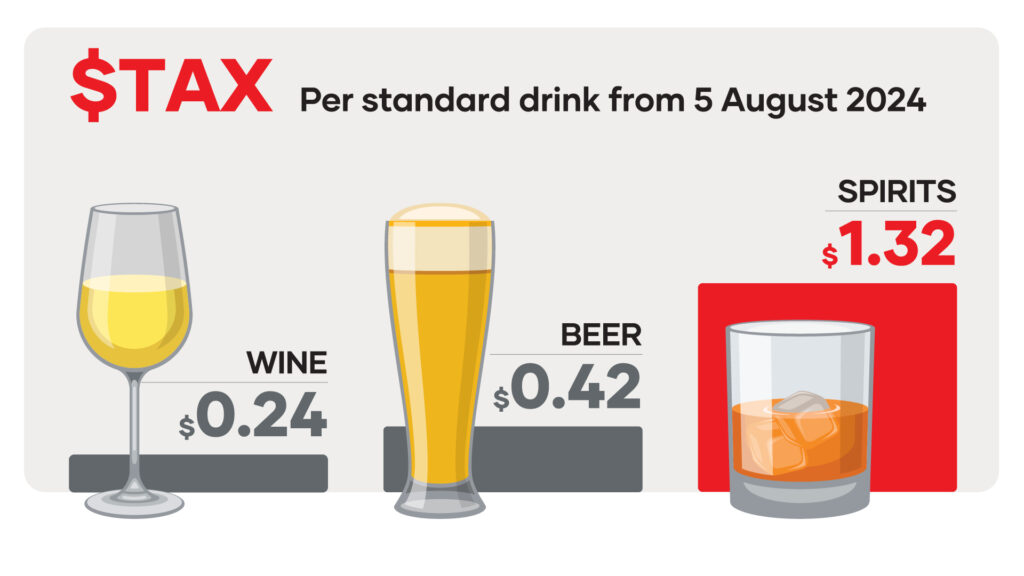Freezing disruptive biannual excise increases is one lever the Federal Government can pull to create the conditions to enhance productivity and attract greater investment in the Australian spirits industry.
Analysis completed by Deloitte Access Economics in 2024 revealed that spirits excise is the largest barrier to growth facing distillers and spirits manufacturers operating in Australia.
At $104.31 per litre of alcohol, Australia’s spirits excise is the third highest in the world – behind only Iceland and Norway – putting the industry at a significant competitive disadvantage to many of our global trading partners.

This disadvantage is further entrenched by twice-yearly increases aligned with the Consumer Price Index, creating instability that curtails the investment needed to effectively grow and create scale to meet growing consumer demand for quality spirits made in Australia.
These settings do not only impact Australia’s ability to effectively compete for global market share and investment. Higher rates of spirits excise also limit domestic competition between other lower taxed categories of alcohol.
Beer is taxed at nearly half the rate of spirits, with wine taxed substantially less again, at about a quarter of Australia’s spirits tax. When translated into the tax per standard drink, the disparity is clear.

These inequitable settings are sending price signals to consumers that disadvantage the spirits category and work against the positive trend of premiumisation – of Australians drinking less, but better. This impact is more acute in the current cost of living crisis.
While spirits account for approximately 20 per cent of total alcohol consumption, the category pays more than 50 per cent of duties collected across alcohol. There is no public policy rationale for this inequity.
Further, the price signalling of high rates of spirits excise is impacting consumer purchasing behaviour and government revenue, with forecasted spirits revenue revised down by $290 million at the MYEFO update in December 2024.
Several government reviews, including the Henry Tax Review (2009), Rethink: Tax Discussion (2015) and Productivity Review (2017) have recommended reforms to address the disparity between the taxation of alcohol products.
The Senate Red Tape Inquiry (2017) recommended, “that the Australian Government progress the reform of alcohol taxation including the introduction of a single volumetric tax rate across all alcohol products, to be phased in to allow reasonable adjustment.” The Australian spirits industry remains committed to this long-term objective.
The lack of reform to Australia’s outdated tax system has stifled Australian spirits export growth and development, placing Australian spirits at a significant disadvantage to other exporting nations.
Other countries are reaping the benefits after reducing the tax burden on their local distillers and investing in spirits export programs.
Modelling undertaken by economics firm Mandala, leveraging insights from the Deloitte report, shows that an excise tax freeze and broader excise reform would create a more sustainable and predictable environment for the Australian spirits industry. It would mean distillers could reinvest revenue back into their businesses, while simultaneously creating a more favourable investment environment for foreign direct investment and other capital investments.
